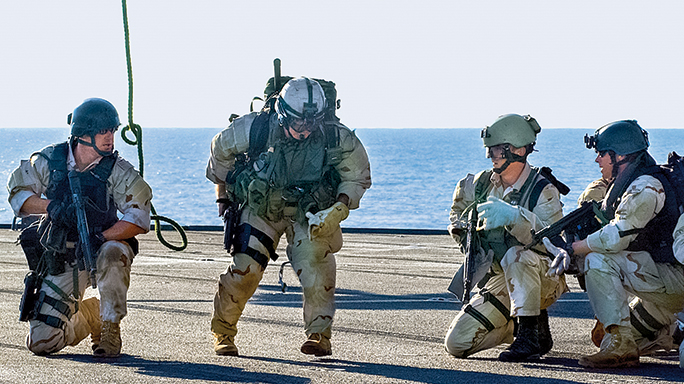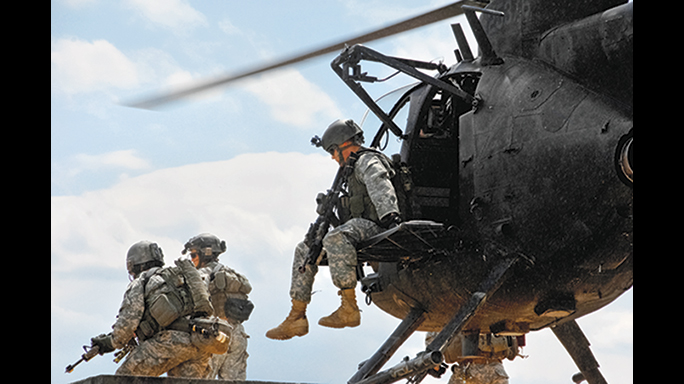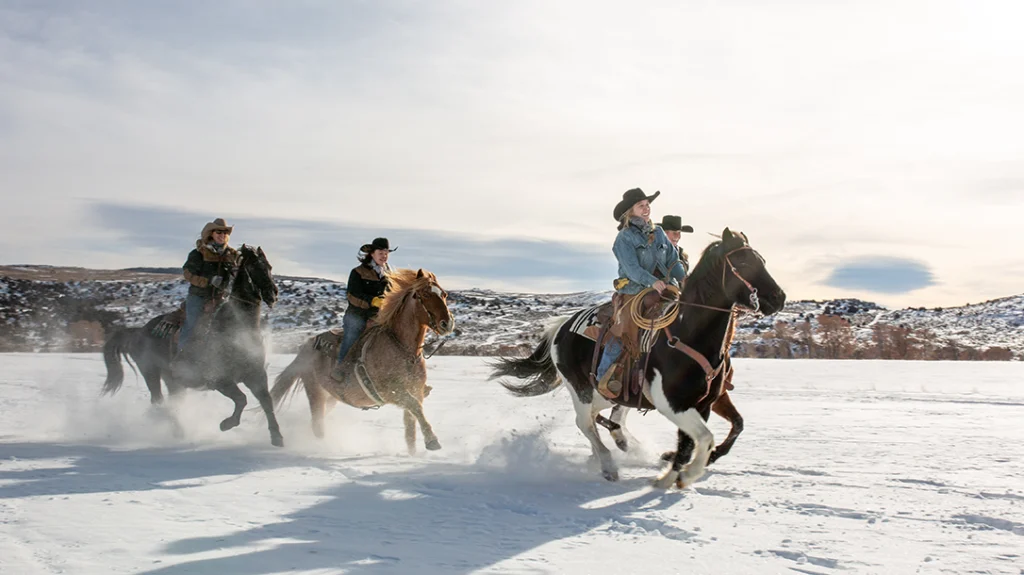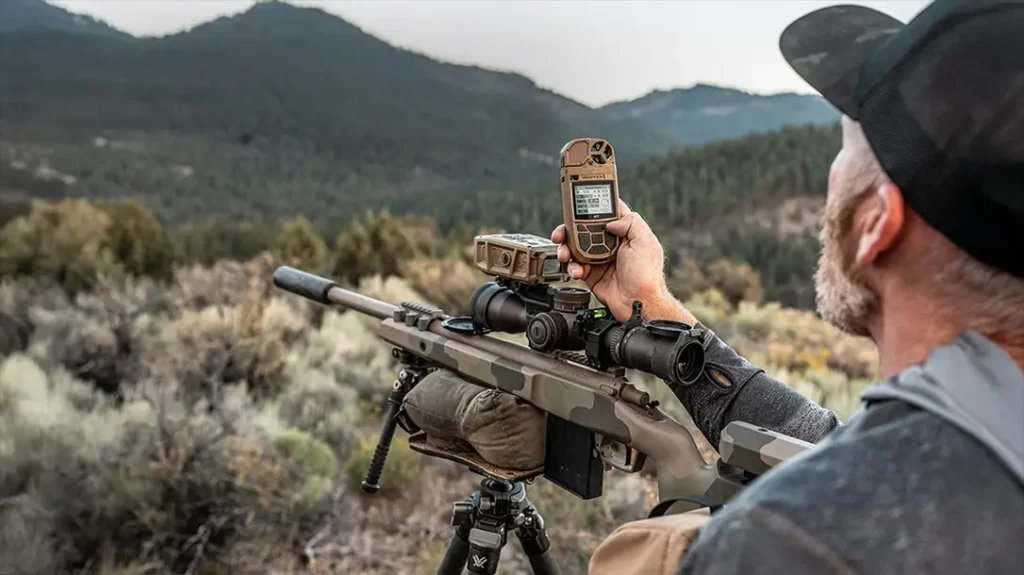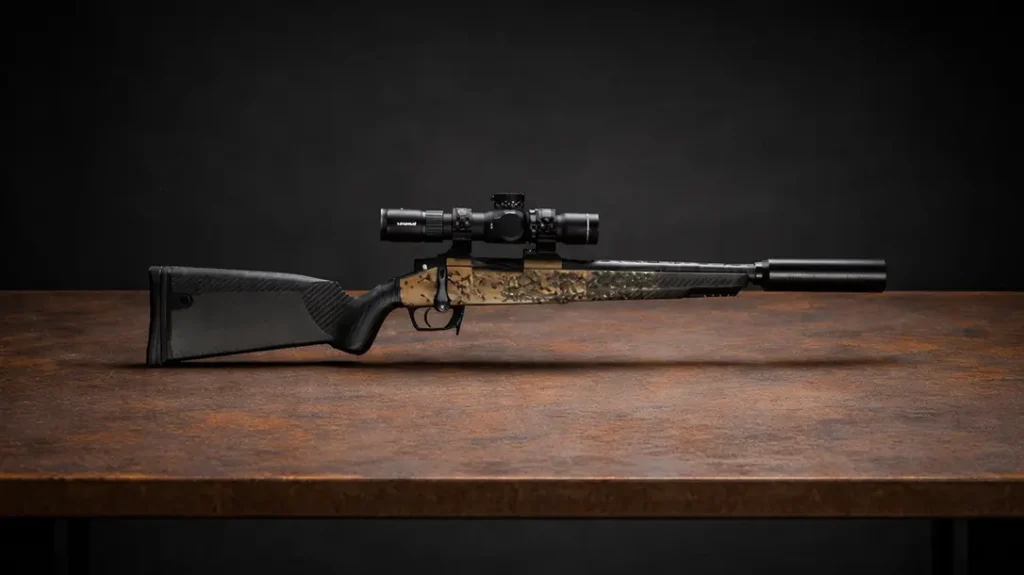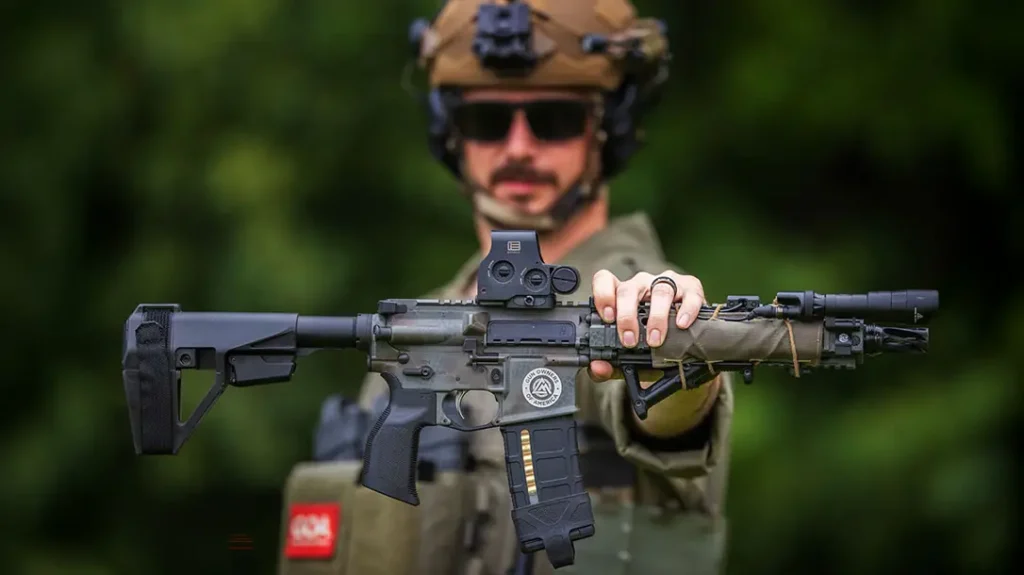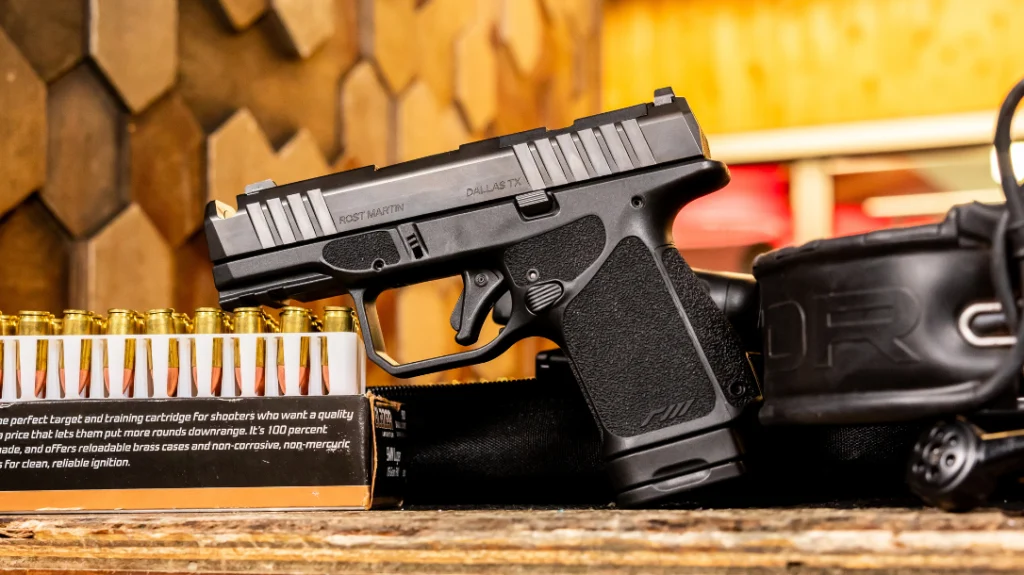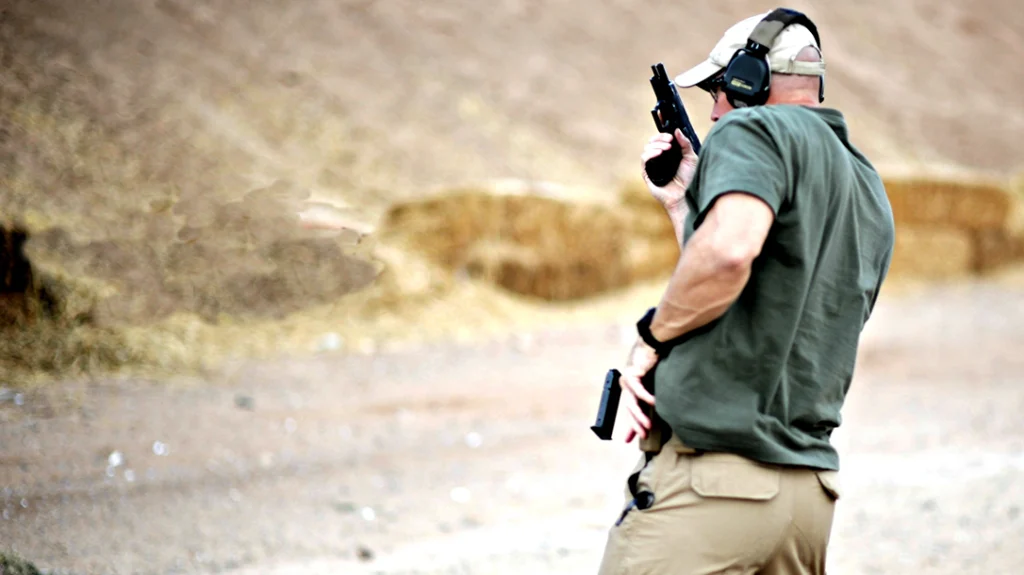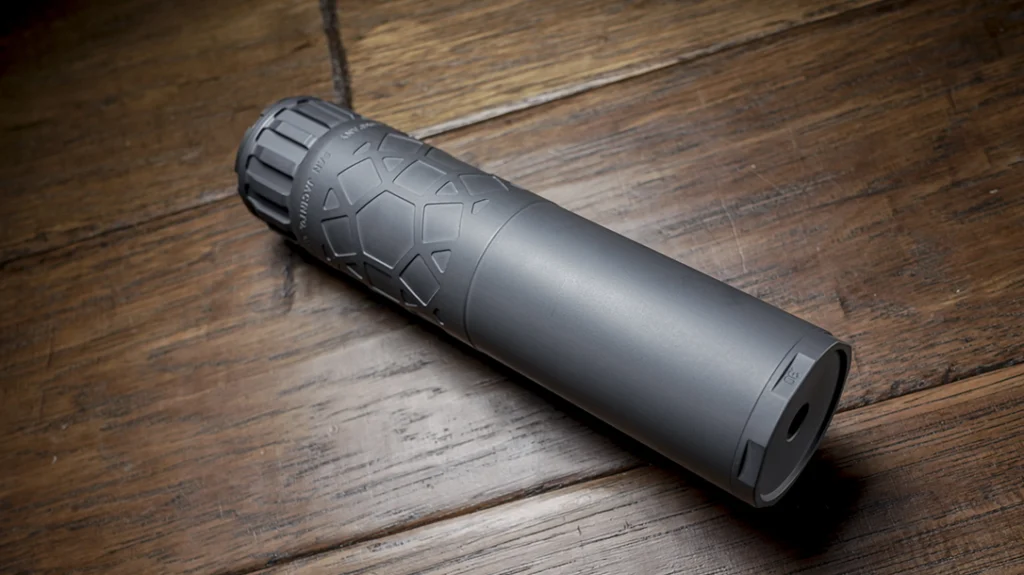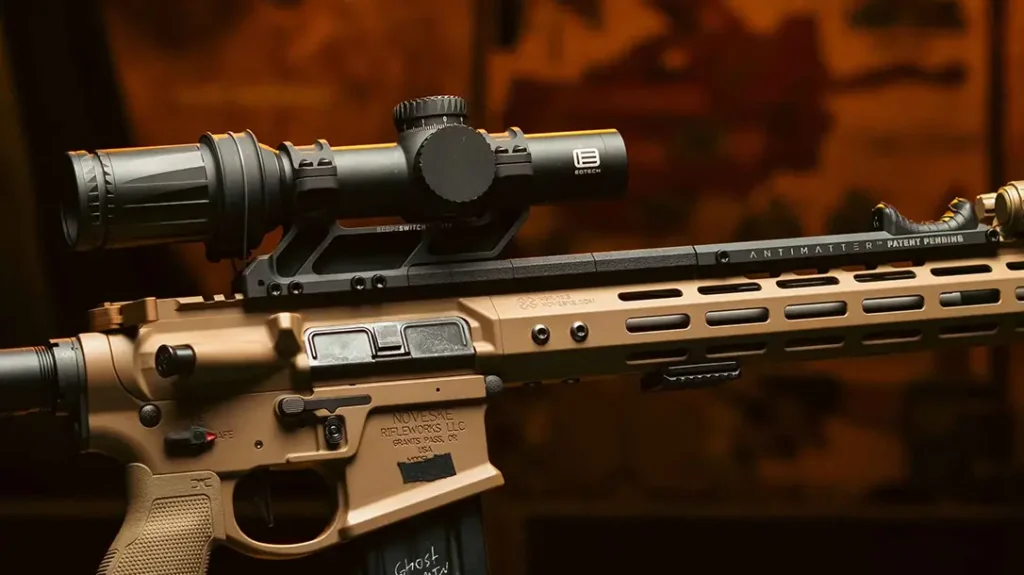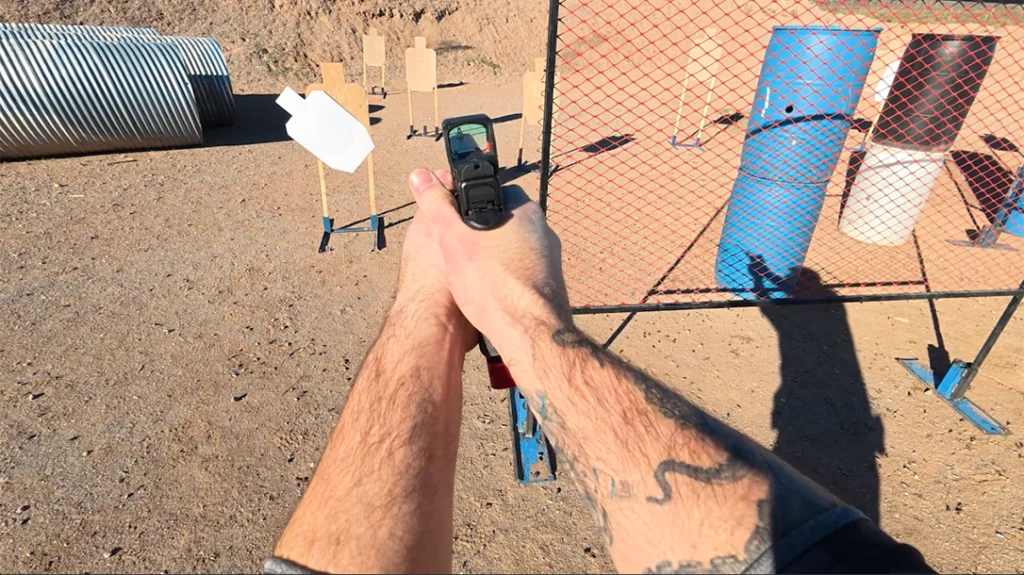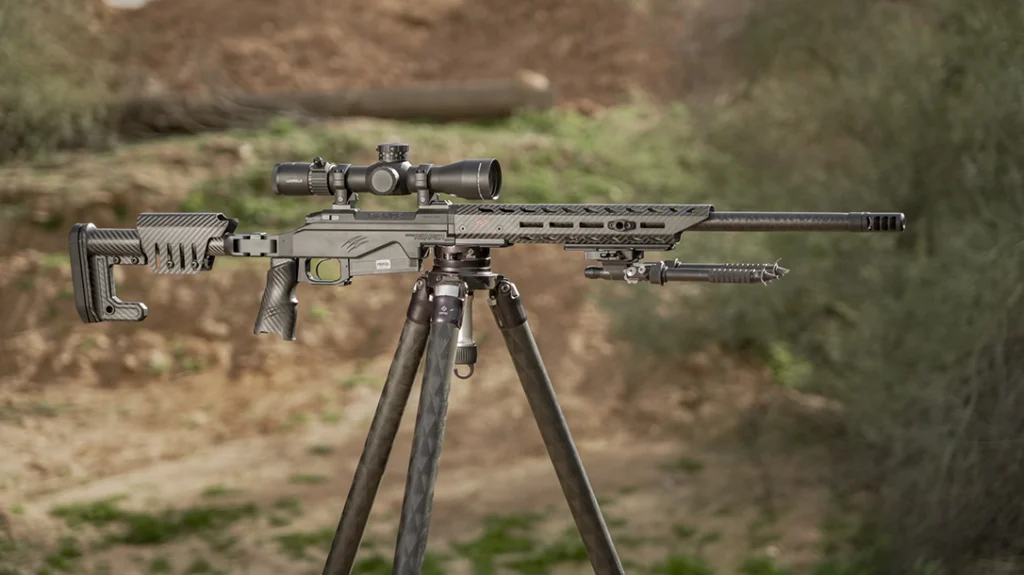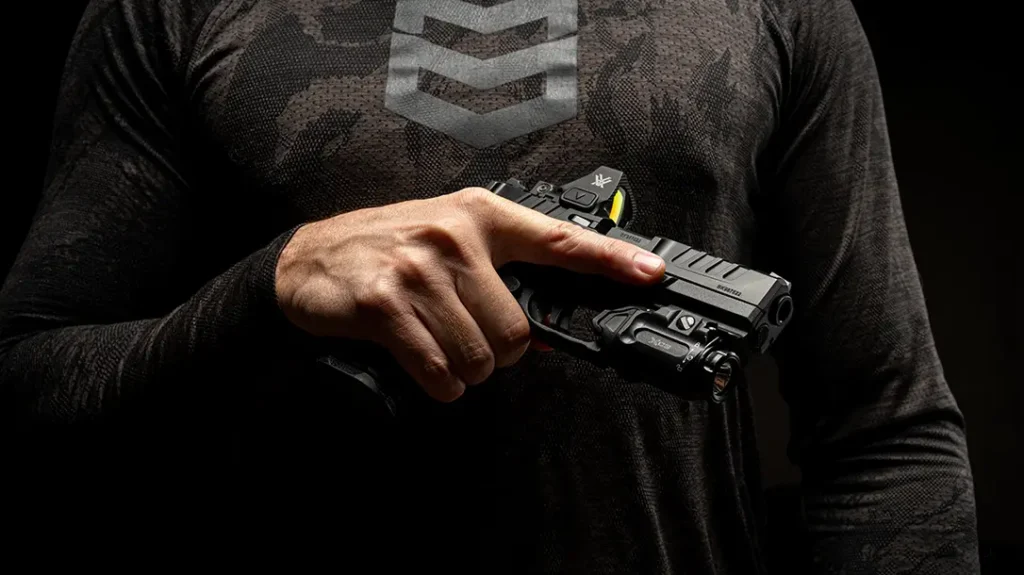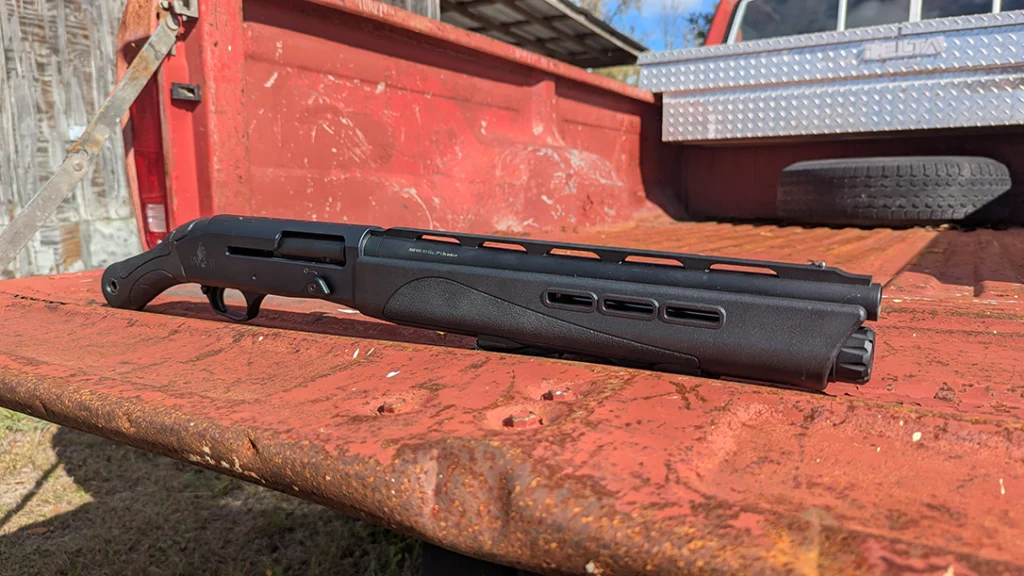American intelligence had been watching Saleh Ali Saleh Nabhan for years, looking for an opportunity to take him out. Widely believed to be the mastermind of the 2002 suicide bombing of the Paradise Hotel in Mombasa, Kenya, that left 12 Kenyans and three Israelis dead and dozens more wounded, Nabhan was also strongly implicated in the 1998 bombings of the U.S. embassies in Kenya and Tanzania.
When it was learned that he would be in an isolated convoy on a road away from the populated center of Baraawe, the decision was made to take action immediately in spite of the risks of a daytime operation, designated Operation Celestial Balance.
“This approach was ‘Let’s do it very quickly, very swiftly and confirm he’s gone,’” a senior military adviser, who spoke on the condition of anonymity, told The New York Times.
Advertisement — Continue Reading Below
According to several sources, at least four helicopters, two of them deadly AH-6 gunships carrying a team of Navy SEALs, fired on the convoy, destroying the trucks and killing, according to some reports, six foreign fighters, including Nabhan and three Somali members of al-Shabaab. The SEAL team then exited the helicopters, inspected the damage, and took away the bodies of Nabhan and several other enemy combatants.
- RELATED STORY: Spec Ops History: The Seizure of Haditha Dam
“This is very significant,” the senior adviser told the Times, “because it takes away a person who’s been a main conduit between the East Africa extremists and big Al Qaeda.”
Just The Facts
Advertisement — Continue Reading Below
Dates: Sept. 14, 2009
Location: Near Baraawe, in southern Somalia
U.S. Forces: 160th SOAR, Navy SEALS
Advertisement — Continue Reading Below
Enemy/Target: Saleh Ali Saleh Nabhan, terrorist leader with ties to the local Somali group Al-Shabaab as well as Al Qaeda
Equipment: Unidentified American warship, at least two AH-6 helicopters
